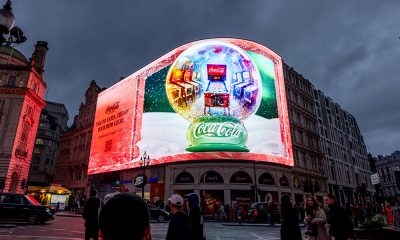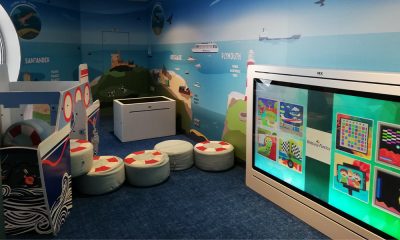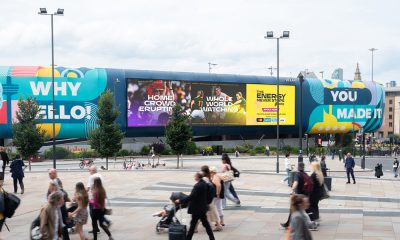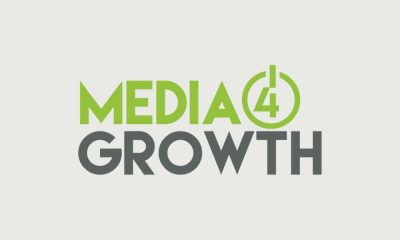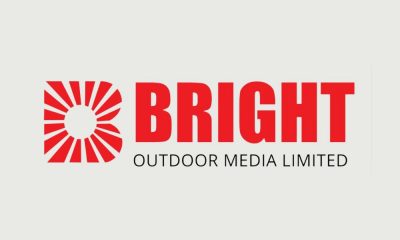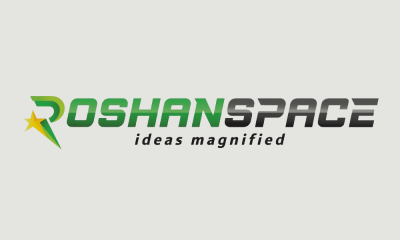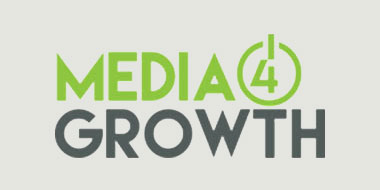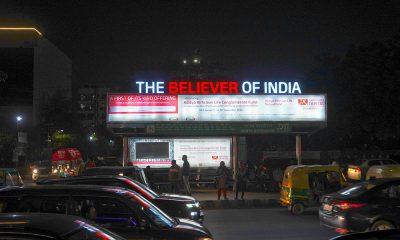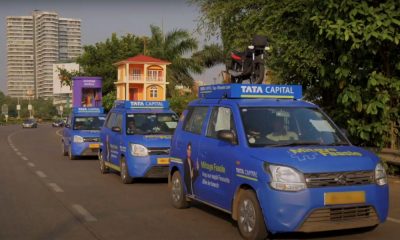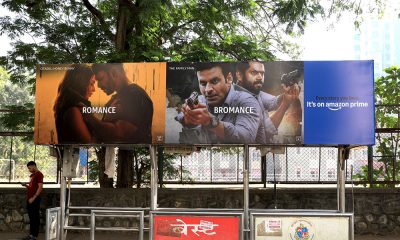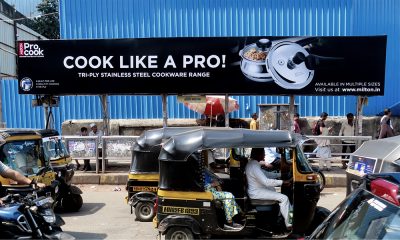Media Planning & Buying
‘There is a shortage of digital inventory’
Icy Varghese, Managing Director, PlayAds shares his take on the pDOOH space – the challenges, possibilities and growth factors
 What has been your experience with programmatic pDOOH? Where do you think it stands currently?
What has been your experience with programmatic pDOOH? Where do you think it stands currently?
Play Ads as a company has actually done quite a bit in this area in terms of synchronising our content management systems with the pDOOH platforms. Right from day one of our company’s inception, our technology enabled anyone to load ads on our screens and all our screens across our digital network are remotely managed and controlled from a centralised location. So we are in fact pDOOH ready.
We have done a few advertisements through the programmatic platform and the experience was quite good. But then the pandemic has proved to be an obstacle and from the business point of view, we have actually not seen any traction or any revenues coming through the pDOOH platforms.
The pandemic notwithstanding, what do you think are the challenges in the pDOOH space that are slowing its progress?
To begin with, there is a shortage of digital inventory. Most of the digital inventories are still working on a conventional platform. People are not making much investments in it, because it’s very capital intensive. So not many will come into it until they see that their investments can be recovered.
Also, those who are investing in digital inventory are not using the right kind of technologies; they are just putting up screens, they do not have a network in place, because the kind of investments needed for developing those technologies are very high.
Besides, actual pDOOH comes about when it is based on the audience and targeted accordingly. But right now I don’t think pDOOH has matured enough because it has still not started capturing the targeted audience around a screen and displaying ads accordingly. And that’s where the challenge lies.
But do you think pDOOH is the way forward?
Yes absolutely because pDOOH actually creates a platform for every brand to automatically publish ads remotely. So it’s more like the Google ads or YouTube ads coming up on our laptops or on our mobile devices. And in the outdoor space if that technology is applied, then it’s fantastic and I’m pretty sure that will happen very soon.
Every person who actually invests in an advertisement wants to know the conversion rate and pDOOH gives you exactly that and makes the right kind of information available for a brand.
As experts frequently point out in industry forums talks OAC, one of the deficiencies in the OOH medium is the lack of measurability . With DOOH, measurability will become so effective that advertisers will be able to understand precise conversions and that gives a lot more traction to this industry. And I think in the next couple of years, once measurability starts coming in, people will start moving into the pDOOH space.
What factors will likely drive pDOOH growth in the foreseeable future?
Awareness about pDOOH on the part of brands is still not very high and that is where I think media agencies can play a very good role. They can actually run training programmes for the brand marketing departments and make them understand the potential of this.
The fact is that most marketing people are used to mobile, online or newspaper advertising, so they understand it. They also understand static hoardings, but they do not know how digital hoardings can actually give them traction or how they can invest in focused audiences. That is where we have to play a key role.
Also, the right content is critical for pDOOH. Brands have content for print media, for hoardings, for television, or even online digital, but they do not have the right content for the digital outdoor space, so that is another factor that needs to be worked on. Given a slot of say 30 seconds in a digital medium, it is actually possible to convey more messages compared to a static hoarding. And brands need to understand that.
